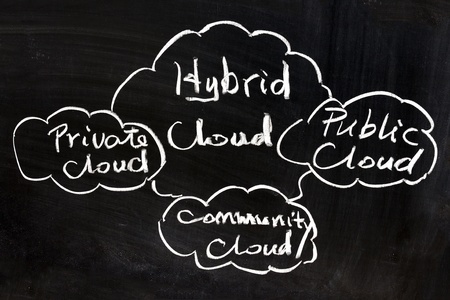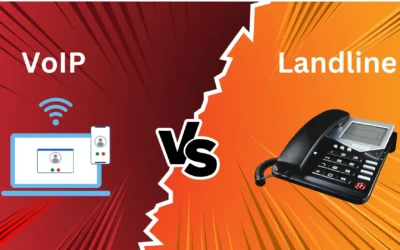Cloud computing comes in three major forms: public clouds, private clouds, and hybrids clouds. Depending on the type of data you’re working with, you’ll want to compare public, private, and hybrid clouds in terms of the different levels of security and management required.
Private cloud
Private cloud is operated solely for a single organization, whether managed internally or by a third-party. It can be hosted either internally or externally. Undertaking a private cloud project requires a significant level of engagement and requires the organization to reevaluate decisions about existing resources. When done right, it can improve your business, but every step in the project raises security issues that must be addressed to prevent serious vulnerabilities. Self-run data centers can be expensive and have a significant physical footprint, requiring space, hardware, and environmental controls. These assets have to be refreshed periodically, resulting in additional expense.
On the other hand, there are compelling reasons why enterprises may choose a private cloud. A private cloud can be customized to fit their unique requirements and security can be optimized to address legal compliance issues such as HIPAA.
Public cloud
A cloud is called a “public cloud” when the services are rendered over a network that is open for public use. Public cloud services may be free or offered on a pay-per-usage model. Technically there may be little or no difference between public and private cloud architecture, however, the security consideration may be substantially different. Generally, public cloud service providers like Amazon AWS, Microsoft and Google own and operate the infrastructure at their data center and access is generally via the Internet. A few drawbacks of the public cloud are that you sacrifice a degree of security and you have no control over hardware performance.
Hybrid cloud
Gartner, Inc. defines a hybrid cloud service as a cloud computing service that is composed of some combination of private, public and community cloud services, from different service providers. It allows one to extend either the capacity or the capability of a cloud service, by aggregation, integration or customization with another cloud service.
For example, an organization may store sensitive client data in-house on a private cloud application, but interconnect that application to a business intelligence application provided on a public cloud as a software service.
If security and privacy issues are a concern for your business, and you don’t want to build your own private cloud, a hybrid cloud system, your own gated community within the public cloud universe may be an option.
Stay tuned to the Techno Advantage blog for more helpful articles on cloud computing.
Have questions? Contact a Techno Advantage team member today!




